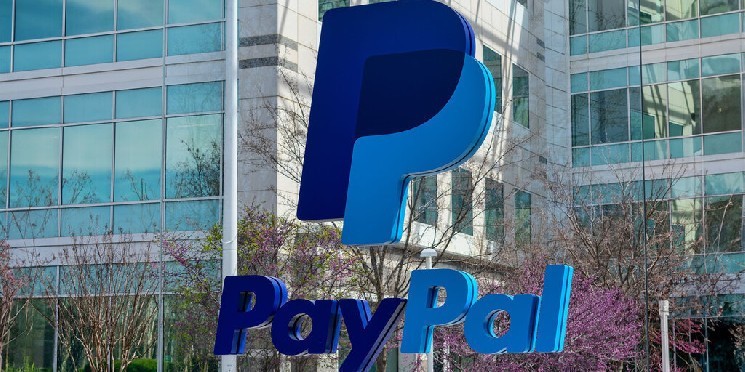In a Thursday press release, the company explained that customers can now convert PayPal USD ($PYUSD) to dollars and then send money to "recipients in approximately 160 countries"—with no fees—via its Xoom payment platform.
PayPal's $PYUSD is a virtual token running on Ethereum. It is also a dollar-pegged stablecoin, backed by cash equivalents and short-term treasuries. PayPal launched $PYUSD last year, and Paxos Trust Co. issued the token.
PayPal's SVP of the blockchain, cryptocurrency, and digital currency group, Jose Fernandez da Ponte, said that the move "builds on our goal of driving mainstream adoption of cryptocurrencies."
"When we decided to bring PayPal USD to market, we had two objectives we wanted to achieve: create something that had a stable value to maximize user confidence and ensure it had utility for commerce and payments," he added.
A stablecoin is a digital asset pegged to something stable—in this case, the U.S. dollar. Such tokens do not go up and down in value as much as Bitcoin or Ethereum.
In the crypto world, they are largely used by people to exit transactions when they don't immediately have access to fiat currencies held in a traditional bank, speeding up the trading experience.
PayPal launched the stablecoin last year with the hope of it being "a part of the overall payments infrastructure."
It is smaller than other stablecoins in the crypto world, such as Tether's USDT, which is the most-traded digital asset and the third biggest cryptocurrency, with a market cap of $106 billion.
By comparison, $PYUSD's market cap stands at $109 million.
PayPal allows its users to buy and sell cryptocurrencies on its platform—including Bitcoin and Ethereum—and transfer them to external wallets.
Edited by Ryan Ozawa.
 decrypt.co
decrypt.co
